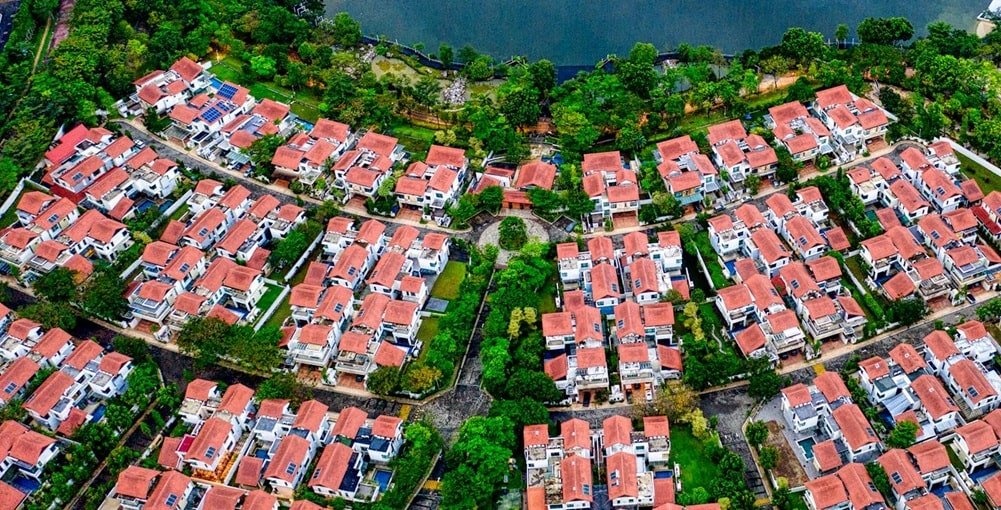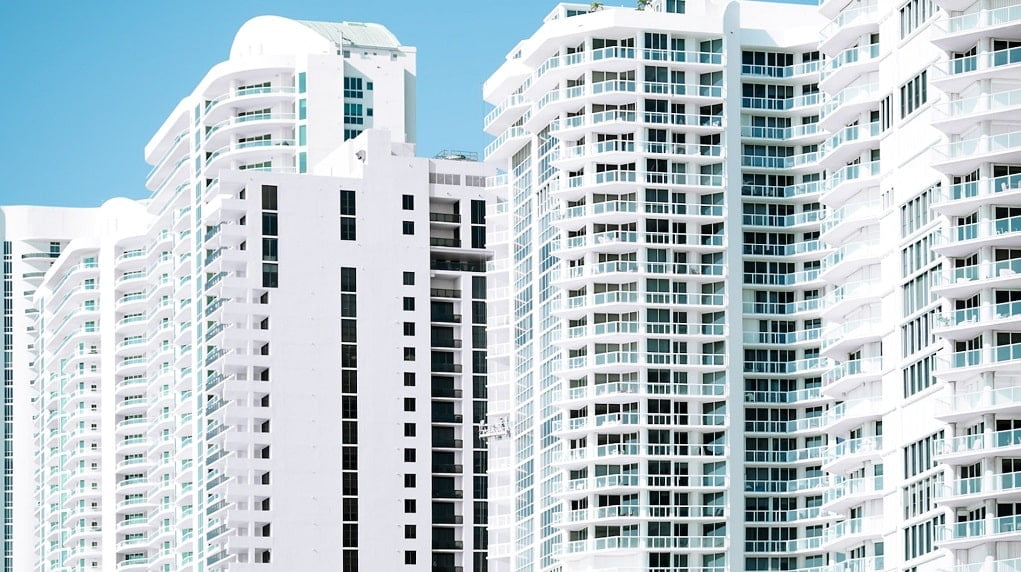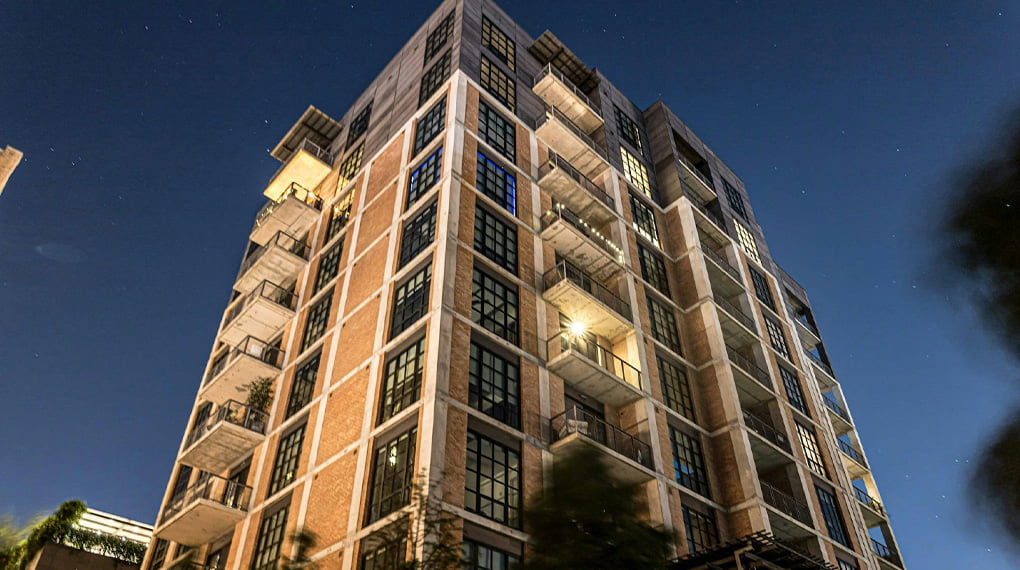Understanding Freehold and Leasehold Properties in Malaysia
With its diverse culture and thriving economy, Malaysia presents a unique landscape for property ownership. When it comes to property purchase, one must choose between two main types of tenure. You will need to navigate between freehold and leasehold. These tenure systems play a significant role in determining the rights of property owners. Understanding their nuances is essential for making informed decisions in the real estate market. In this article, we will delve into the definitions, advantages, and disadvantages of freehold and leasehold properties in Malaysia.
Freehold Property
Freehold property offers perpetual ownership. The property owner has indefinite ownership rights, which can be transferred to heirs or sold without restriction. This type of tenure provides the highest degree of security. It is a preferred choice for many property buyers in Malaysia.

Advantages of Freehold Property
1. Permanence
Freehold property ownership will never expire. It allows the owner to hold the property indefinitely. This is particularly appealing for those looking to build long-term family homes or legacies.
2. Market Value
Freehold properties generally have higher market values compared to leasehold properties. The high market prices are probably due to their scarcity and perpetual ownership. The freedom to make alterations without the need for approval from a lessor also adds to their attractiveness.
3. Transferring Rights
Freehold properties face fewer restrictions on ownership transfer. The sale process can be simplified. A Sales and Purchase Agreement (SPA) clearly outlines the contract terms and finalizes negotiations.
Disadvantages of Freehold Property
1. Cost
Freehold properties tend to be more expensive due to their perpetual ownership and higher demand. This can be a huge hurdle for first-time buyers or those with limited budgets. The initial purchase price is typically higher, especially in urban areas where there are limited freehold lands. Additionally, freehold properties often come with higher legal fees and stamp duties, adding to the upfront expenses.
2. Availability
The availability of freehold land is limited, especially in urban areas where land is scarce. This scarcity can drive up prices and reduce options for prospective buyers.
3. Government Acquisition
Although a freehold title technically grants full possession, the government still retains the right to acquire your property and land. This can occur if the federal or state government intends to use your property for public purposes, such as constructing public buildings, schools, or railroads. In such circumstances, you will be compensated at the current market value as determined by government-appointed valuers. You will be required to release your ownership even though it is a freehold property.
Leasehold Property
Leasehold property refers to ownership for a specified period, such as 30, 60, or 99 years. In Malaysia, most leasehold properties offer an ownership period of 99 years. When the period comes to expiry, the ownership will revert to the state or the original owner. Leasehold tenure involves periodic renewal processes and potential changes in lease terms upon renewal.

Advantages of Leasehold Property
1. Affordability
Leasehold properties are generally more affordable than freehold properties. This makes them an attractive option for buyers with budget constraints or those seeking larger properties at a lower cost.
2. Development Opportunities
Developers often prefer leasehold land for large projects, such as condominiums and commercial complexes. This can result in leasehold properties being situated in well-planned, high-growth areas with extensive amenities.
3. Government Initiatives
The Malaysian government sometimes offers incentives or subsidies for leasehold properties to encourage development in specific regions. These incentives can further reduce costs for buyers.
Disadvantages of Leasehold Property
1. Limited Tenure
The most significant drawback of leasehold properties is the limited duration of ownership. As the lease period nears its end, the property’s value can decline, making it less attractive to potential buyers. This expiration can create a sense of urgency and uncertainty. Many owners may be unsure about the terms and costs associated with renewing the lease. It can cause huge inconvenience to the owners.
2. Renewal Costs and Procedures
Renewing a lease can be expensive and complicated. The renewal process can involve various legal procedures, fees, and negotiations. The terms of renewal may not always be favorable, impacting the property’s future value and usability.
3. Restrictions
Leasehold properties often come with restrictions imposed by the lessor, such as limitations on modifications, usage, and subletting. These restrictions can limit the owner’s freedom and flexibility.
Legal Aspects and Considerations
Land ownership in Malaysia is governed by the National Land Code 1965 (NLC). The NLC establishes the legal framework for both freehold and leasehold properties. Besides, the NLC also ensures that land transactions are transparent and legally binding, protecting both buyers and sellers. This comprehensive legislation outlines the rights, duties, and procedures related to property transactions, offering a stable foundation for land ownership and investment in Malaysia.
In Malaysia, land is a state matter. Each state has the authority to regulate land ownership, including the issuance of freehold and leasehold titles. State governments can influence the availability and terms of leasehold properties through their policies, making it crucial for buyers to stay informed about local regulations. Understanding these policies can help buyers navigate the complexities of property ownership and ensure compliance with state-specific requirements.
Foreigners are permitted to own property in Malaysia, but there are certain restrictions. Generally, foreigners can only purchase freehold properties if they meet a minimum price threshold set by the state. Leasehold properties are more accessible to foreigners, although they must comply with specific state regulations and approval processes. These restrictions aim to balance foreign investment with local property market stability.
Strata titles apply to properties with shared ownership, such as condominiums and apartments. Both freehold and leasehold properties can have strata titles, granting individual ownership of a unit within a larger development while sharing common areas. Strata properties are governed by the Strata Titles Act 1985 and the Strata Management Act 2013, which define the rights and responsibilities of unit owners and the management of common areas. These acts ensure that shared properties are well-maintained and that the interests of individual owners are protected, promoting harmonious living environments.

Making an Informed Decision
When deciding between freehold and leasehold properties, buyers should consider several factors.
1. Purpose of Purchase
If the property is intended as an investment or shorter-term use, leasehold properties may be the better option. For a long-term family home, freehold can offer better value.
2. Budget
Affordability is a crucial consideration. Buyers should assess their financial situation and explore government incentives that may apply to properties. Additionally, it is important to factor in the potential costs associated with property maintenance, taxes, and insurance. Evaluating long-term financial commitments, such as mortgage repayments, is also essential. Buyers might find it beneficial to consult with a financial advisor to create a realistic budget and ensure they can comfortably manage the ongoing expenses. Moreover, comparing the price per square foot between freehold and leasehold properties can provide a clearer picture of the value offered by each option.
3. Location and Development Potential
The location and potential for future development can significantly impact the property’s value. Leasehold properties in high-growth areas with robust infrastructure and amenities may offer substantial returns on investment.
4. Legal and Renewal Aspects
Understanding the legal implications and potential renewal costs is vital. Buyers should seek legal advice to navigate the complexities of leasehold renewals and ensure they are aware of any restrictions.
5. Resale Value
Freehold properties typically have better resale value due to their perpetual ownership. However, well-located leasehold properties can also appreciate significantly, especially if they are in high-demand areas.
Conclusion
In conclusion, both freehold and leasehold properties in Malaysia have their unique advantages and disadvantages. Freehold properties offer permanent ownership and higher market value but come with higher costs and limited availability. On the other hand, leasehold properties are more affordable but have limited tenure and potential renewal complications. Understanding these differences and considering individual circumstances are important for making an informed decision in the property market. By navigating the legal landscape and evaluating the long-term implications, buyers can choose the property tenure that best suits their needs.